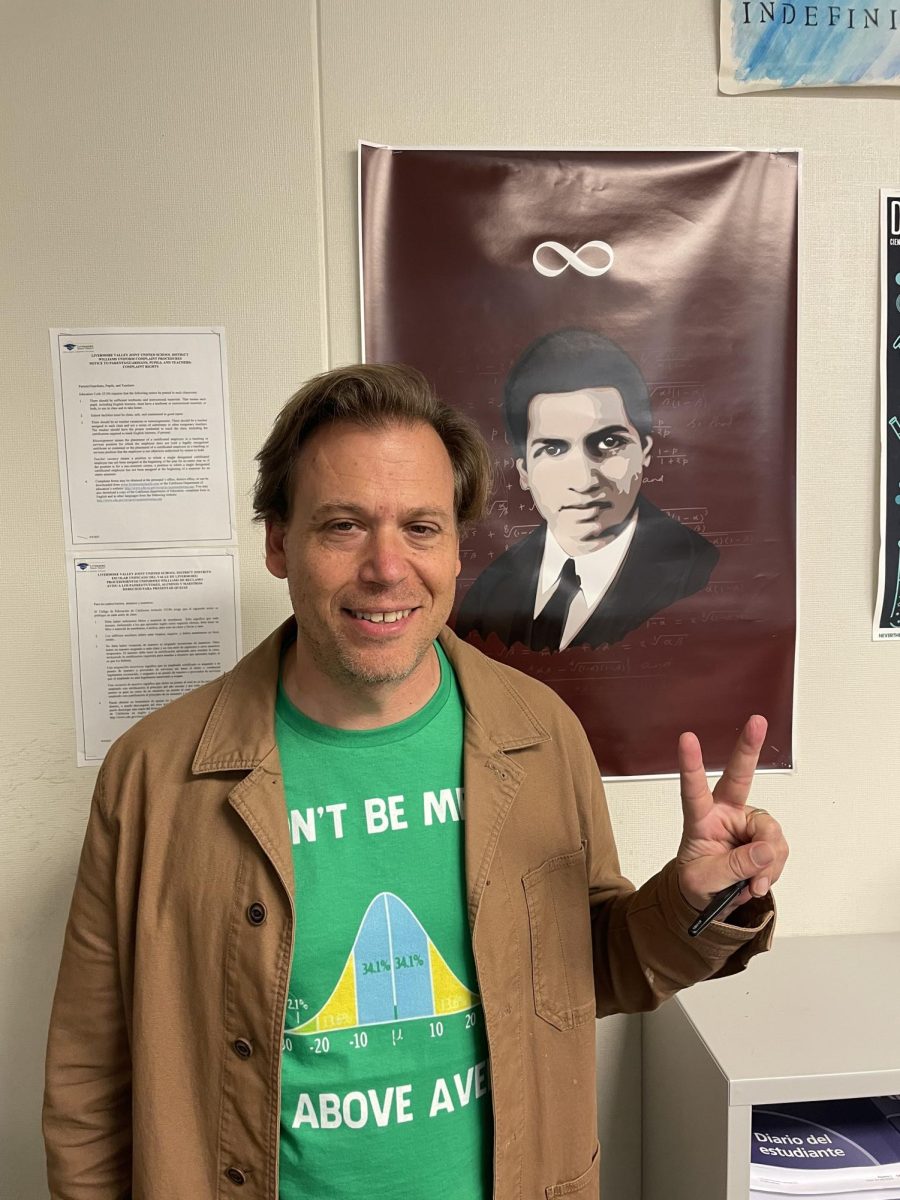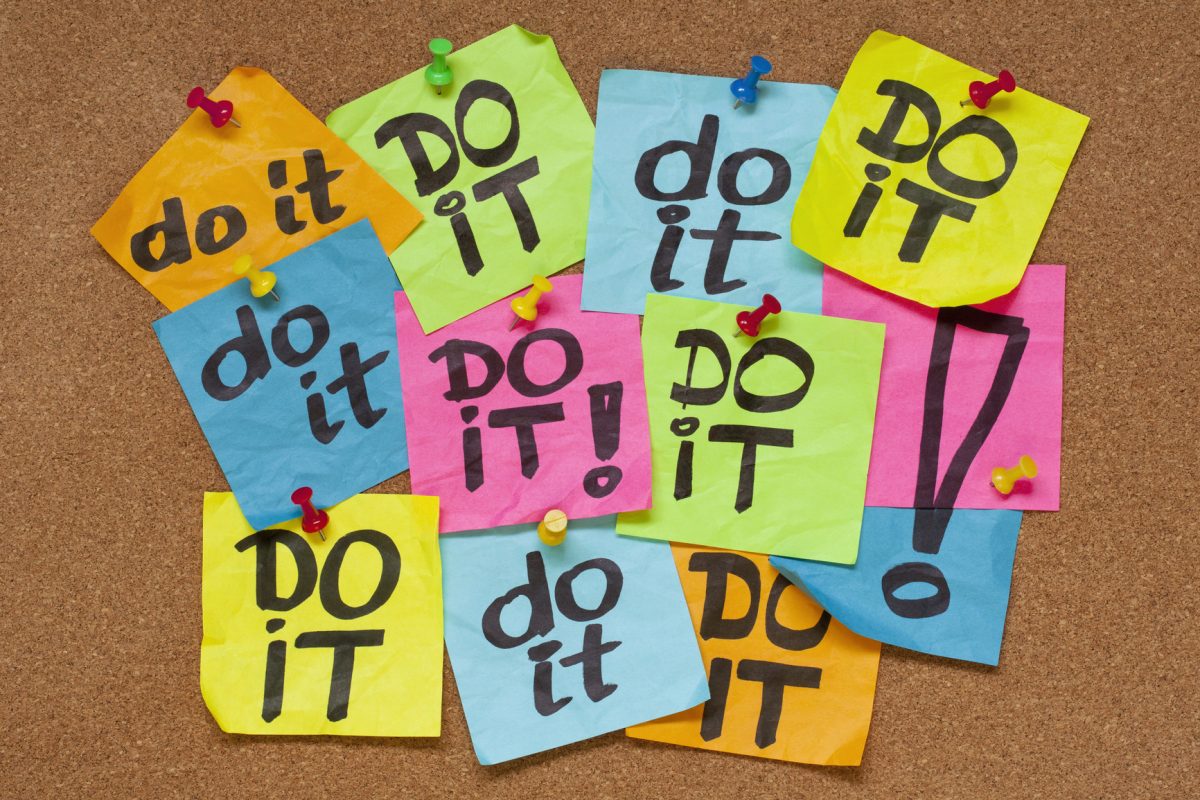What is procrastination? Procrastination can be defined as the action of delaying or postponing tasks or responsibilities. We all do it. We say things like, “I’ll do it later” until “later” becomes either too late or never. The issue with this is that persistently repeating this action can turn it into a habit. This counterproductive and unhealthy work ethic can greatly impact various aspects of our lives and make completing tasks that feel challenging almost impossible.
Let’s face the facts: Procrastination doesn’t do us any favors. Although it may feel like you’re giving yourself a nice break, what you are actually doing is allowing yourself to avoid facing what scares you in hopes that the situation will solve itself. 9/10 times, it will not. The majority of the time it has very little to do with laziness, but rather is a coping mechanism to avoid anxiety or discomfort, but ultimately leads us to a worse position than we were previously. While at first it might provide a temporary escape and some relief, it doesn’t make the tasks disappear. Ahana Deshpande, a sophomore here at Granada High School, agreed, stating that frequent procrastination “does cause me more stress, which therefore increases my anxiety levels since the looming deadline just keeps getting closer and closer and I’ve barely made a dent in the amount of work I have to get done.”
Whether you’ve found yourself delaying assignments up until the last minute or waiting until that pile of laundry has accumulated until you can’t see the floor of your bedroom, it will only end up bringing more stress into your life as a result.
Procrastination doesn’t just happen though, and once you’ve started the cycle, it is extremely difficult to break. It usually starts as one decision to put something off, but as time passes “what once was a small snowball can turn into an avalanche of anxiety and stress” (Calm.com). It’s important to learn about the cycle in order to understand why it’s happening, pinpoint when you do it, and learn to avoid it.
According to Calm.com, there are 5 main steps to this cycle.
Task Avoidance: This begins by ignoring a task that may feel too overwhelming to deal with at the moment. This step is most commonly associated with the phrase “I’ll do it later.”
Short-Term Relief: Initially, the first step will bring a sense of relief. It feels good to not have to deal with that task right away. You might try to occupy your time by scrolling on TikTok, watching TV, or cleaning your room in order to pass the time rather than completing the chore at hand.
Increased Stress and Anxiety: As tasks begin to pile up or the deadline approaches, anxiety will immediately begin to spike. However, now the task feels even more daunting than before and will likely lead the person into a state of panic.
Crisis Point: This is the stage where the person reaches their highest level of stress and begins to spiral down a rabbit hole of anxiety. However, the sense of urgency forces that person to act, leading to poor decision-making and rushed, untidy, or incomplete work.
Regret and Feelings of Shame: Afterward, the person might feel ashamed of their poor decision making and disappointed in their performance because it doesn’t meet their own or someone else’s standards. This usually leads to a vow to never procrastinate again, but without a strategy or plan of action to break this cycle, they will most likely feel inclined to fall back into this habit again and again, until it feels inescapable.
So, how DO you break this cycle? Well, it doesn’t all happen in one night. This mental feat requires an immense amount of self-awareness and discipline that will take some time to achieve. But don’t worry! You’re not alone. Countless people deal with this issue every single day, and there are ways to overcome it. Here are some tips to help.
Practice Time Management Techniques: Trying to create a daily routine to follow based on time management techniques can better your work ethic. An example of an effective one is a Japanese method called The Pomodoro Technique. This method is based on a 25:5 work and rest ratio meant to improve productivity without leaving you feeling worn out. It consists of 25 minutes of focused work time broken by a 5-minute break after each interval where you can go grab a snack, drink some water, or go outside for a couple of minutes and touch some grass, etc. Methods like these can improve your mindset and attitude towards difficult situations and make them seem less stressful.
Try the 2 Minute Rule: This simple strategy can help you overcome procrastination. It suggests that if a task takes two minutes or less to complete, then you should get it done right away. This rule is more useful for chores like washing dishes or making your bed, and can help keep that To-Do list from piling up to an unbearable amount.
Work on Self-Discipline: This does not mean bullying or punishing yourself every time you make a mistake, but rather learning from those mistakes and trying to act differently the next time. Take every setback as an opportunity to learn something new and improve. First, set small, attainable goals and build up from there. A good tool to help stay on track is to use a planner!
Minimize Distractions: Identify your largest distractions and try to eliminate them. For most people, the biggest distraction to worry about is their phones. They’re an easy scapegoat to avoid working on or dealing with those big stressers, but ultimately make the issue so much worse. For this specific problem, silencing, turning off, or having your parent/guardian hold onto your phone while you try to focus can help improve your work ethic.
Break Down Large Tasks into Smaller Ones AND prioritize: By dividing complex tasks into a couple of smaller jobs and prioritizing the most important ones, they begin to seem much more manageable and less stressful.
Use the Reward System: When you accomplish a goal, reward yourself for taking that step in the right direction. This system makes you want to feel that sense of achievement again and greatly improves your ability to tackle your obligations. Remember to celebrate the little wins!
Practice Mindfulness: Reflection, meditation, and talking to others about how you’re feeling can also help improve your mental state and relieve stress and anxiety, which are both major fueling factors of procrastination.
Get an Accountability Buddy: Oftentimes it can be difficult to take responsibility for our actions. Sometimes we just need an extra push from others to continue going in the right direction. A sophomore at GHS who wished to remain anonymous claimed that she deals with her procrastination by “doing my homework with my sister when she is also doing hers so we can hold each other accountable.”
Most importantly, don’t hesitate to ask for help! Allowing yourself to receive support and encouragement from others can benefit you in various ways, such as by offering healthier coping mechanisms and other ideas to overcome the cycle of procrastination!





























